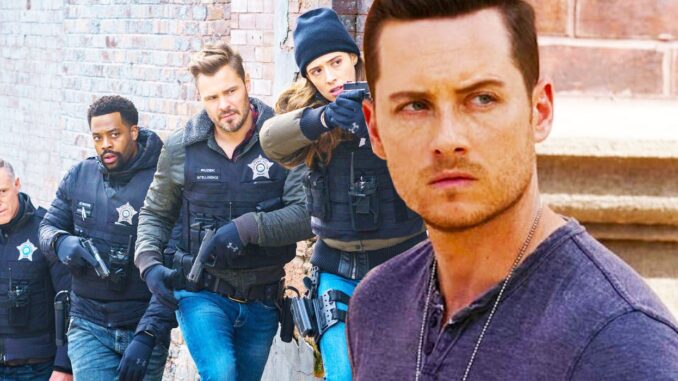
The familiar thrum of the Chicago Elevated train, the flashing blue and red of a squad car, and the grim determination etched on Hank Voight's face – these are the indelible hallmarks of Chicago PD. As the lights dim on one season and the promise of another looms, devoted fans find themselves caught in a familiar cycle of anticipation, dissecting every cliffhanger and speculating on the future of Intelligence Unit 21. The next season, more than most, promises not just a continuation of the gritty procedural drama we've come to love, but a profound recalibration of its very essence. Fans should brace themselves for a deeper dive into the psychological scars of policing, a significant shift in team dynamics, and the personal evolution of characters thrust into new, challenging realities.
Perhaps the most compelling narrative thread fans should expect to unravel is the ongoing saga of Hank Voight. Season 11 left him teetering on a precipice, battered physically and emotionally, grappling with the ghosts of his past and the profound trauma of his recent ordeal. The next season is poised to explore the "Voight Vortex" with unprecedented depth. Expect less of the impenetrable, unyielding leader, and more of the man beneath the hardened exterior. We will likely witness Voight confronting the lingering effects of his near-fatal injuries and the mental toll of a life spent in the moral gray. This could manifest in moments of vulnerability, a rare glimpse into his internal struggle, and perhaps even a subtle shift in his often-controversial methods, as he battles not just criminals, but his own demons. His leadership will be tested not by external threats, but by his own capacity to heal and adapt, forcing him to confront the very definition of "justice" through a newly fractured lens.
The squad room itself will feel the tremors of significant departures. The absence of Hailey Upton, a character who became the unit's moral compass and Voight's often-reluctant protégé, leaves a noticeable void. Fans should anticipate the team recalibrating its internal compass, learning to lean harder on each other as they navigate cases without her unique blend of intuition and tenacity. This isn't just about finding a new detective; it's about the entire dynamic shifting. We might see Atwater, with his unwavering moral compass and growing maturity, stepping more into a leadership vacuum, his community-first approach providing a stark contrast to Voight's old-school tactics. Similarly, Adam Ruzek and Kim Burgess, now seemingly on a stable path towards marriage, will be forced to shoulder greater responsibility, both professionally and personally. Their burgeoning stability could serve as a much-needed emotional anchor for the squad, or it could be tested by the very demands of their profession, mirroring the constant struggle between personal life and the badge that defines Chicago PD.
Beyond the immediate character arcs, fans should prepare for Chicago PD to continue its unflinching exploration of the evolving landscape of policing in contemporary America. The show has always prided itself on its gritty realism, and the next season will undoubtedly delve deeper into the complex challenges faced by law enforcement today. Expect nuanced portrayals of mental health crises, both within the ranks and among the civilian populace. The series is likely to continue its exploration of community relations, the delicate balance between maintaining order and building trust, and the systemic issues that often complicate both. This means more episodes that provoke thought and discussion, moving beyond simple good-versus-evil narratives to embrace the inherent ambiguities of a system under constant scrutiny. The "gritty realism" will continue, but with an added layer of introspection, inviting viewers to grapple with the uncomfortable truths of the badge.
Finally, the retirement of Trudy Platt, the beloved, sardonic sergeant who was the heartbeat of District 21, marks another seismic shift. While her presence was mostly confined to the front desk, her absence will create a void that resonates throughout the entire unit. Fans should anticipate how her departure affects not only Ruzek, who saw her as a surrogate mother, but also the overall tone of the district. Will a new desk sergeant bring a different energy? Will the camaraderie that often lightened the show's dark themes be altered? Platt was the wry observer, the practical sage, and her absence will force the show to adapt its rhythms and find new avenues for its occasional moments of levity and grounded humanity.
In essence, the next season of Chicago PD isn't just another chapter; it's a testament to the show's capacity for reinvention. Fans should expect a journey into the deeper psychological currents of its characters, a fundamental reshaping of its team dynamics, and a continued, unflinching gaze at the complexities of modern policing. It will be a season that promises not just pulse-pounding casework, but a profound exploration of what it truly means to wear the badge in a world that is constantly challenging its authority, its ethics, and its very soul. Prepare for a season that will be less about the chase, and more about the scars it leaves behind.
